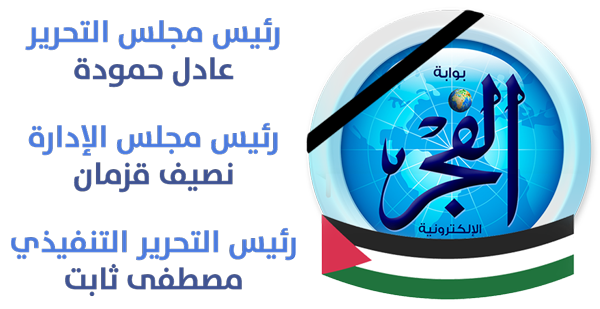Reuters :Egypt liberal calls for shift in tactics
Following the uprisings that toppled Hosni Mubarak in February, Amr Hamzawy has emerged as one of the most popular political figures of the new Egypt.
The 44-year-old political science professor, who was educated in Egypt and Europe, is a founder of the Egypt Freedom Party. He is known for his media appearances and efforts to engage in dialogue with youth groups, Islamists and other liberals.
Hamzawy said he had turned down ministerial jobs this year, saying he wanted to enter politics through the ballot box. His gamble paid off: In the first round of voting, he became one of only four people who secured more than 50 percent of the votes needed to avoid a run-off.
In an interview, Hamzawy said liberals had to work harder to unify their ranks and pick the lists and candidates most likely to win, if they are to maximize their impact at the ballot box in Egypt's complex system.
Liberals need to avoid generating and sustaining the impression among Egyptians that we as the civil camp fear Islamists. Those who fear do not convince at the ballot box.
First-round results from the staggered vote that will take six weeks to complete gave two Islamist-led alliances a combined two thirds of the votes for party lists, pushing a liberal bloc into third place.
The election is Egypt's first since the protests that toppled Mubarak and led to a transfer of power to an army council that has promised to hand over to civilians by mid-2012.
Unlike many other liberals, Hamzawy publicly challenged ultra orthodox Salafi Islamists who won a surprisingly big chunk of votes in the first round. Salafis want a strict application of Islamic law that liberals say would curtail personal freedoms.
The more moderate Muslim Brotherhood has emerged as front-runner in the historic ballot.
Although initial results indicate Islamists could form a majority bloc in parliament, there are divisions within their ranks that mean liberals could still become influential players.
It's a highly diverse (Islamist) camp and there are real points of tension between them, Hamzawy said.
The Brotherhood have a strategic interest in generating and sustaining an image for the party and the movement as moderate, he said. Salafis will challenge them.
Hamzawy's party is part of an electoral alliance called The Revolution Continues, which secured about 4 percent of the vote in the first round. It includes a range of groups including liberals and some whose members broke with Islamist parties.
His own sweeping success suggests that with name-recognition and street campaigning, Egyptian liberals stand to challenge better-established Islamists.
He urged his fellow liberals to campaign hard and engage with ordinary people, saying: You have to count your potential voters by the number of hands you shake.
But even as future parliamentarians wrangle, the protests that brought down Mubarak and that have forced concessions from the ruling military council would continue as long as Egyptians remained suspicious of state institutions, Hamzawy predicted.
We have to get used to it until our new institutions become viable enough to generate trust among the population.








